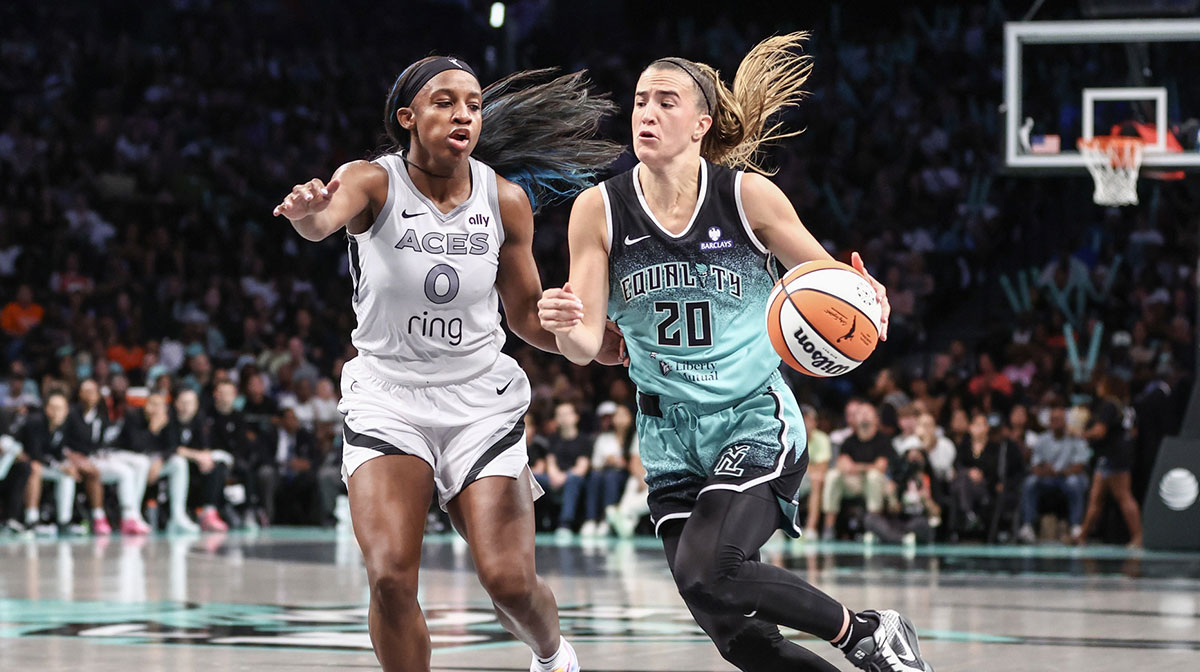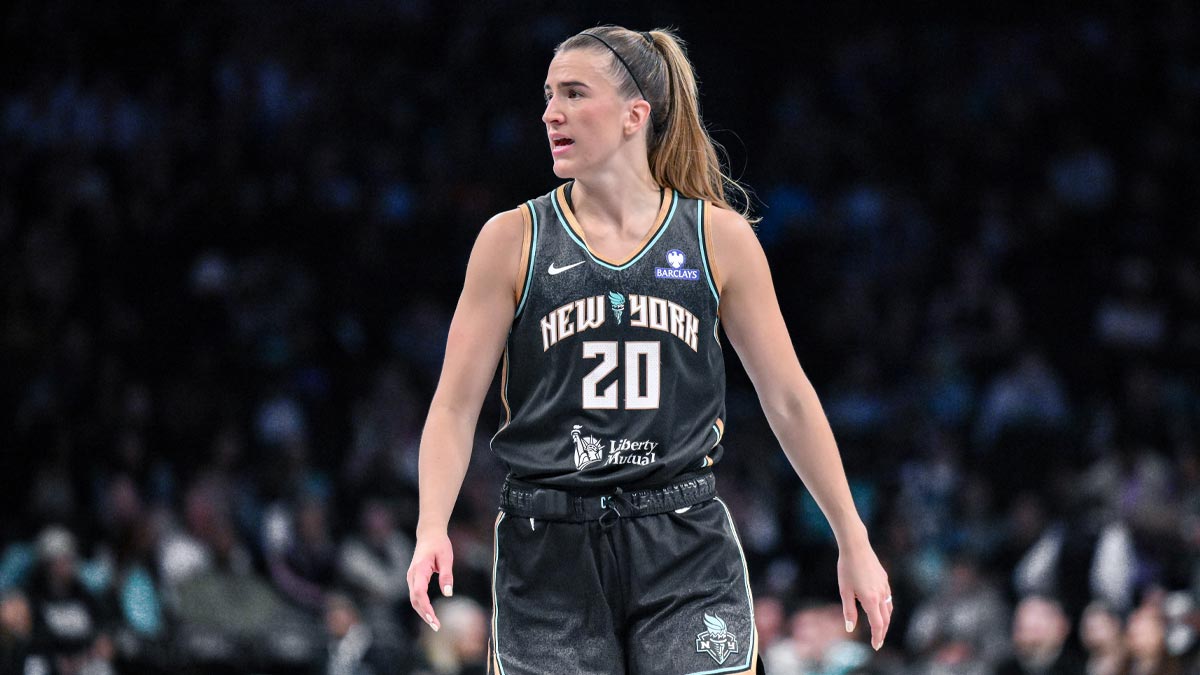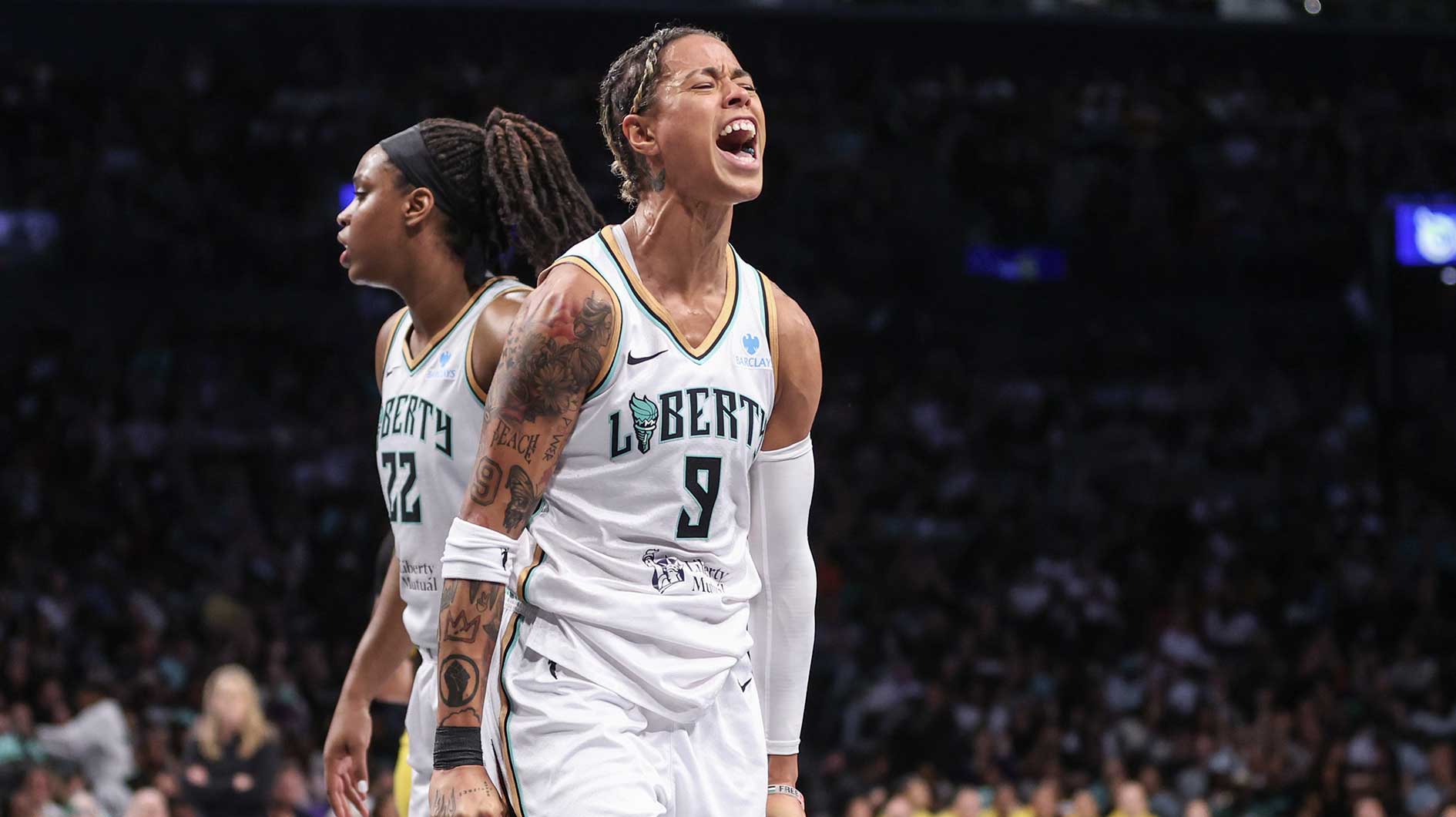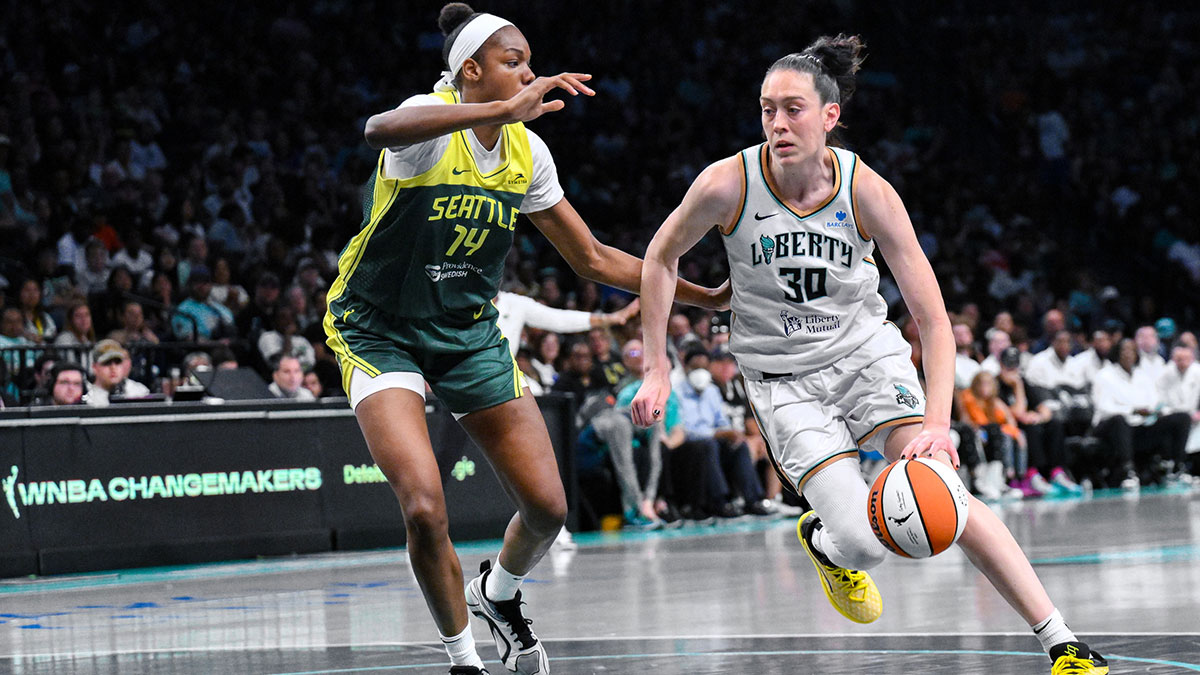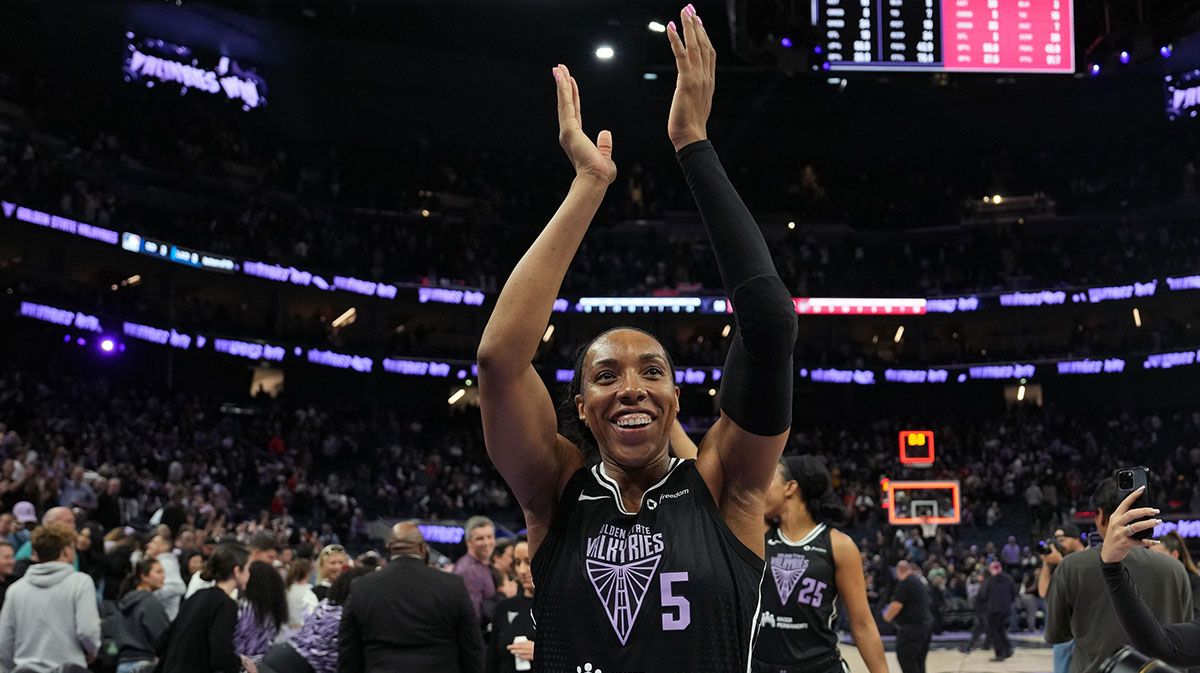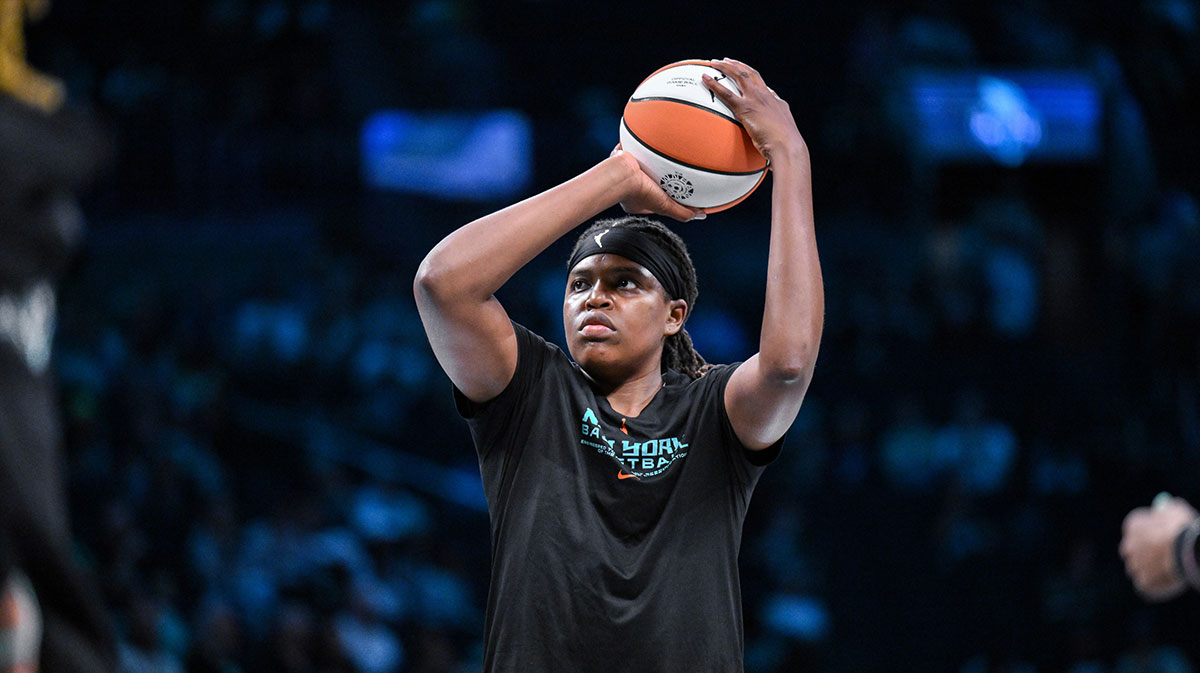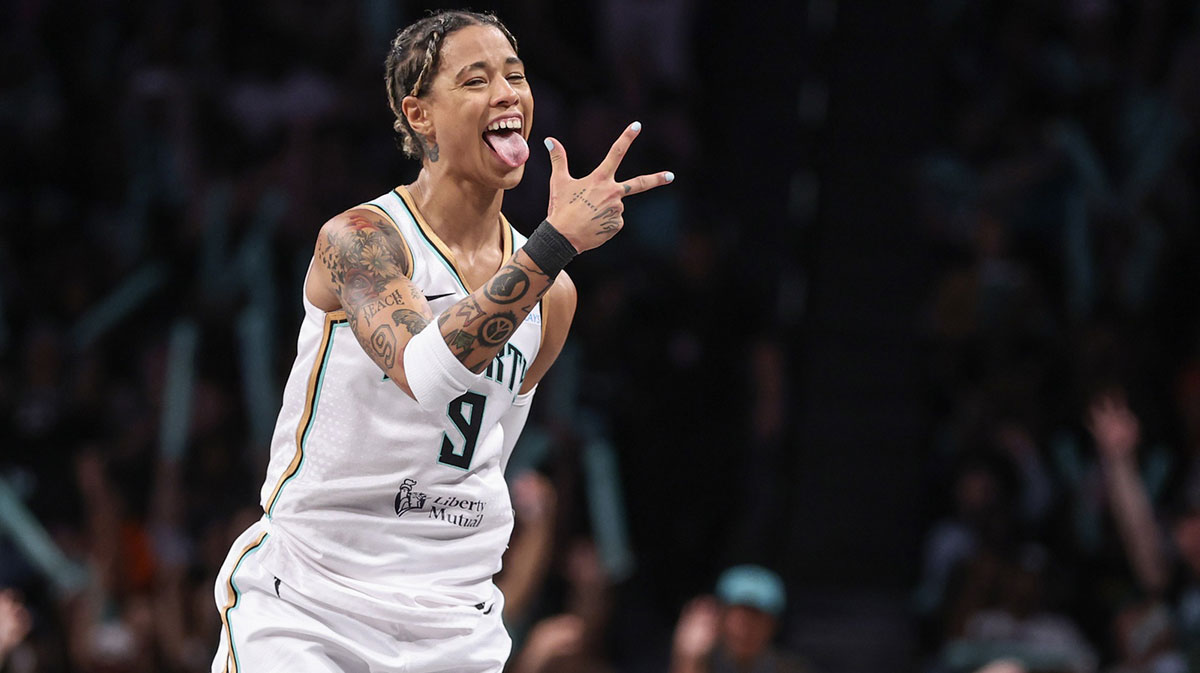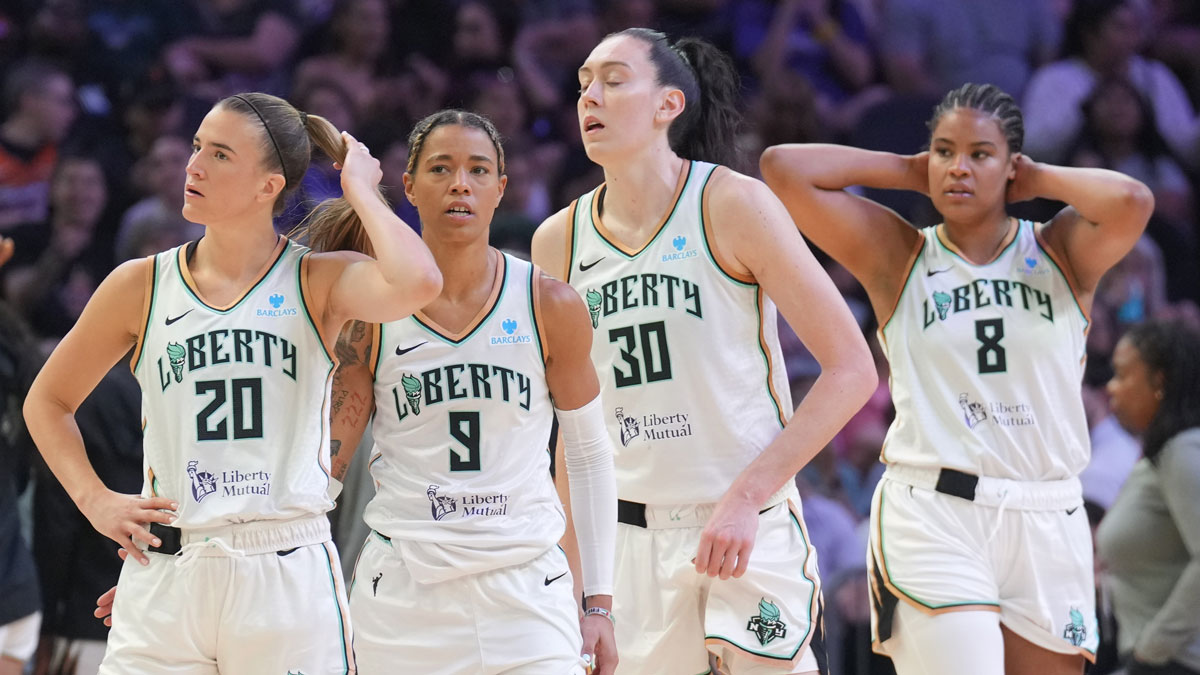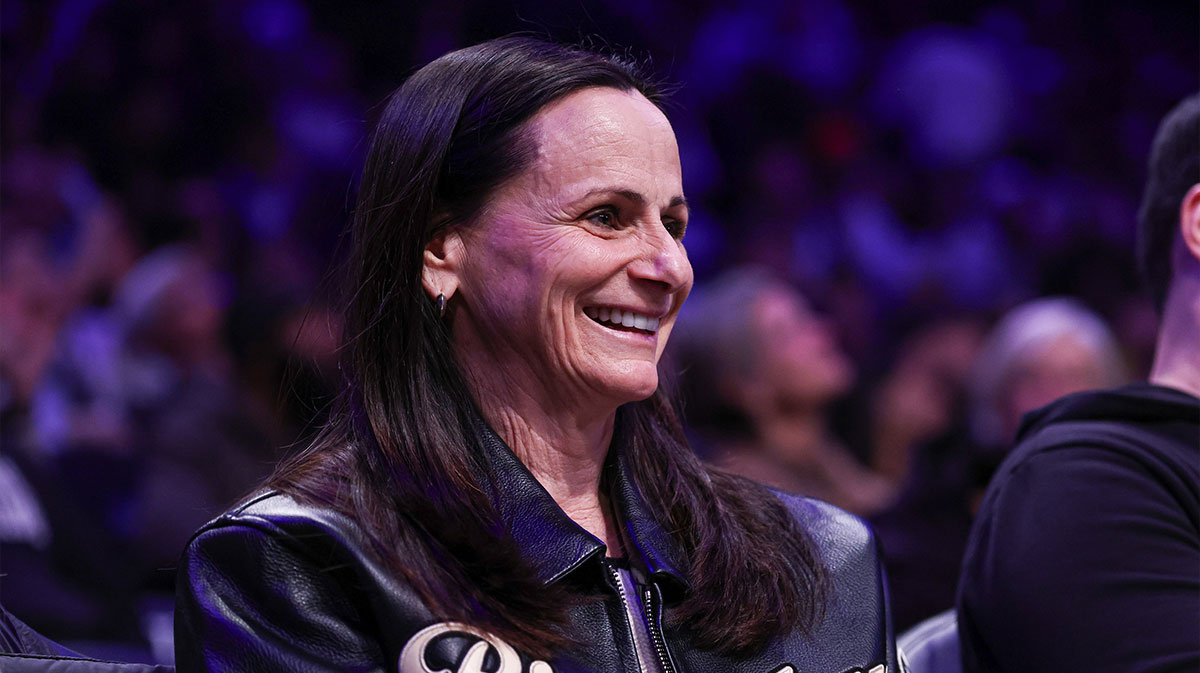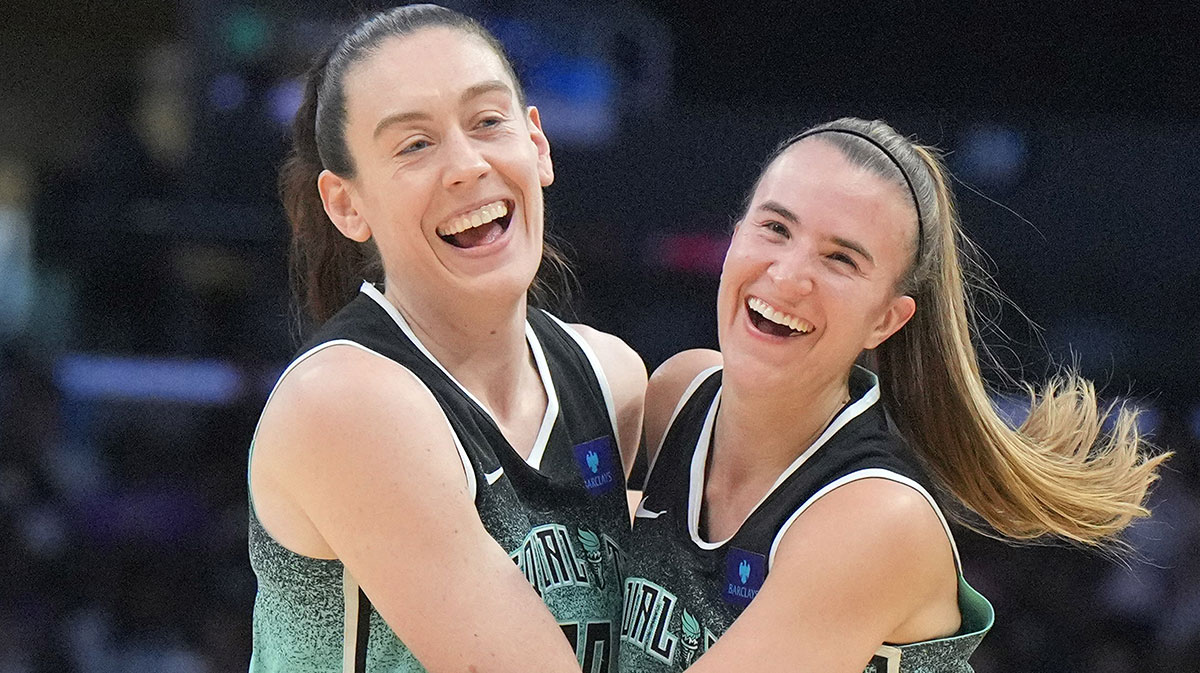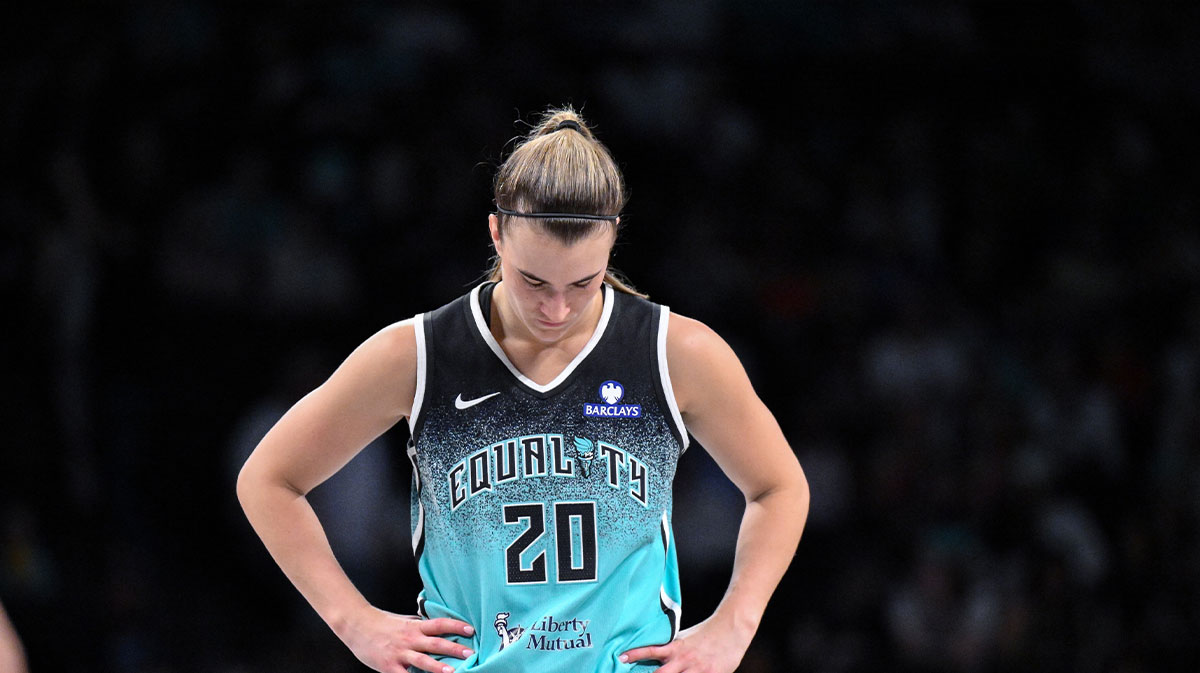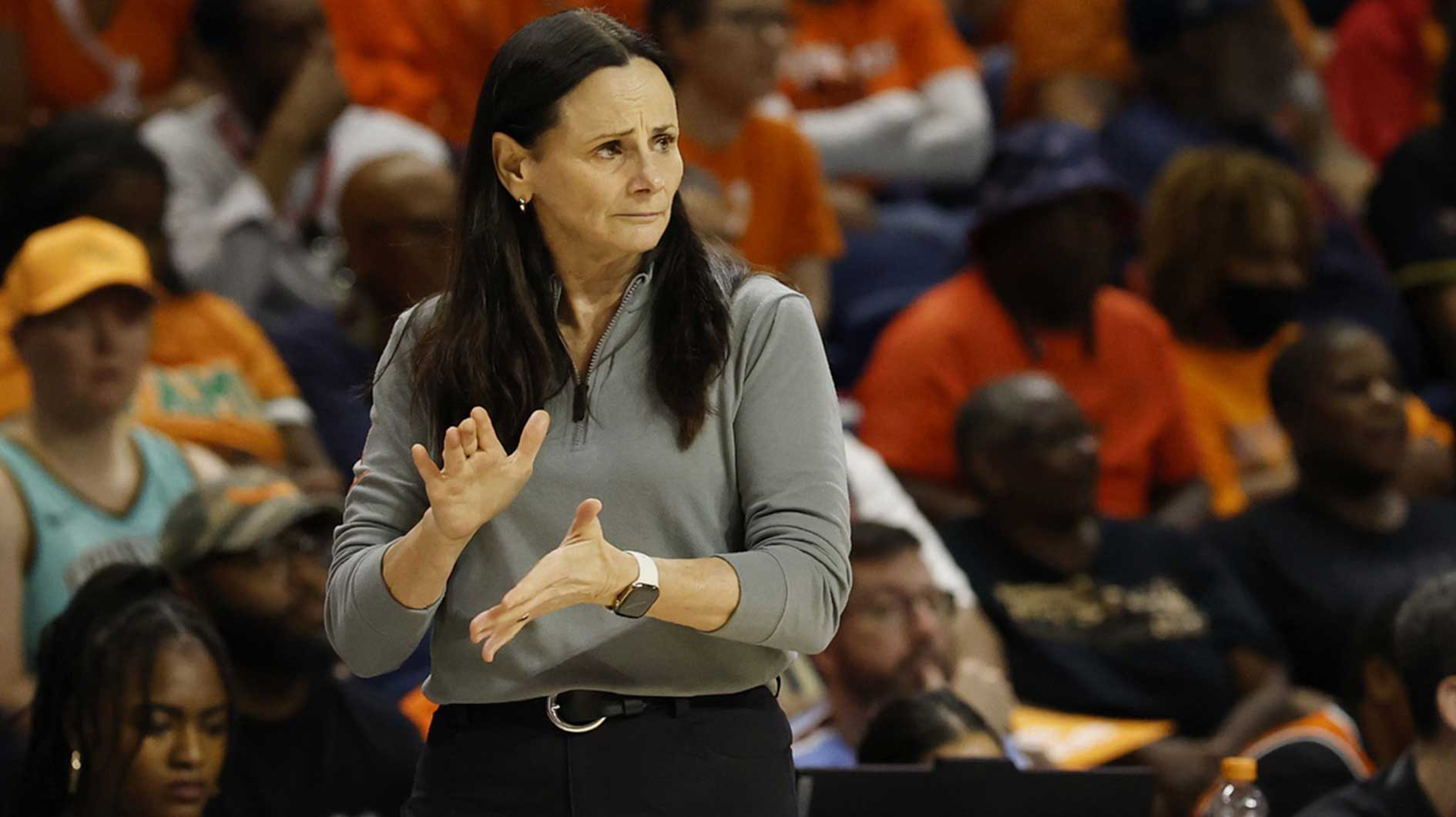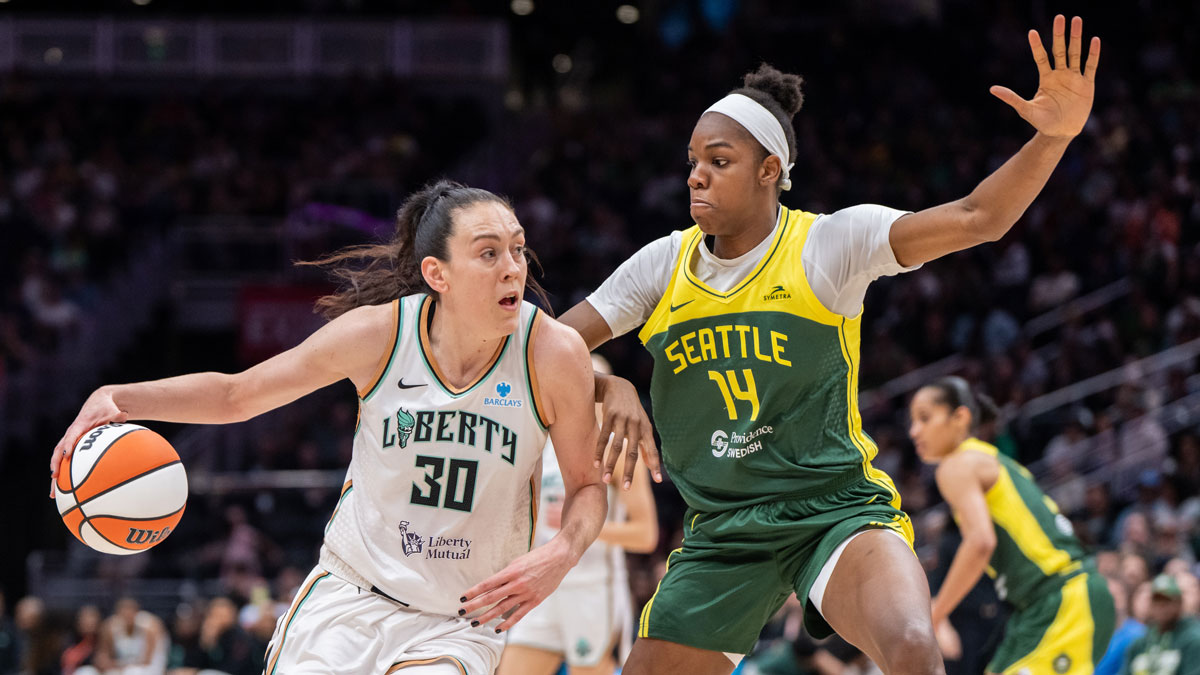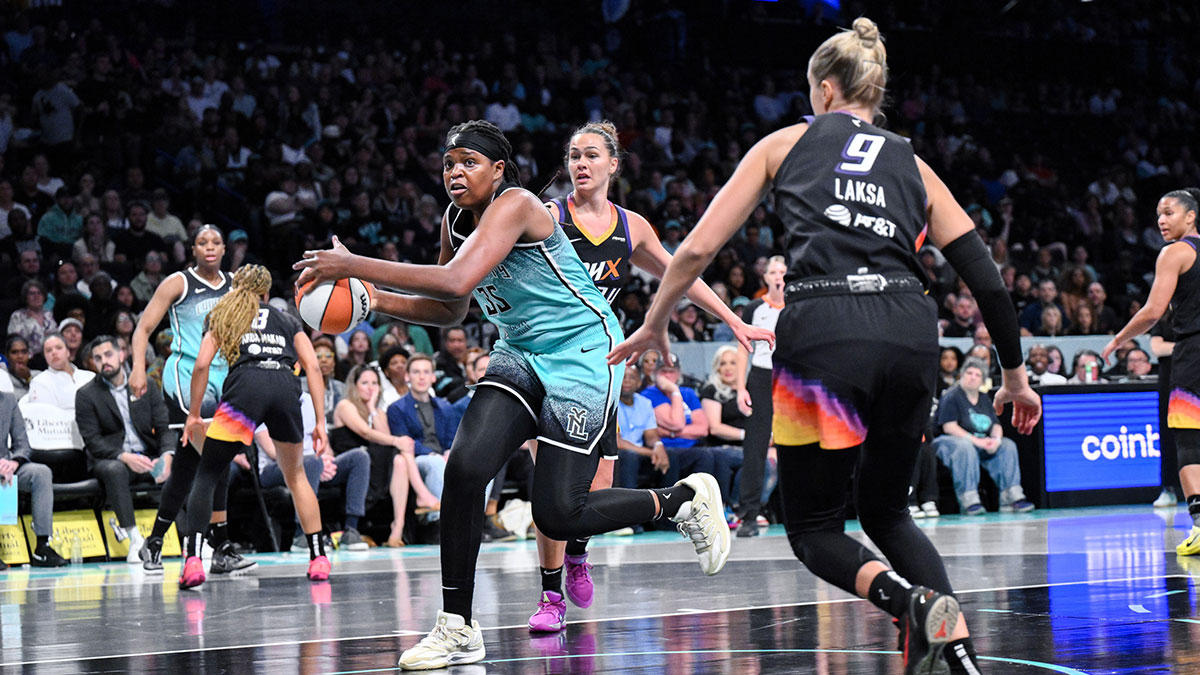When the news came out that six people were killed and 81 were injured in Istanbul following a bomb explosion, the WNBA community found itself worrying about another one of their own being taken from them. Brittney Griner has been in Russian prison for over 260 days and her whereabouts are unknown after she was transferred to a penal colony. That situation has weighed so heavily on her loved ones and people involved with the league that the idea of another tragedy rising out of nowhere would be nothing short of unbearable.
Thankfully, no WNBA player playing in Istanbul was injured yesterday as of right now. However, U.S. WNBA members shouldn't have been there in the first place.
In a time where political division across the world has been stretched out so far the threads are tearing apart, this isn't going to be the last instance where violence breaks out in a country where WNBA players are competing in to supplement their incomes. Before the next tragedy emerges, the WNBA needs to hit the gas pedal on growing players' salaries.
It isn't an easy feat. It isn't as if the WNBA league office wants to see its players push their bodies for 11 months out of the year. At the NBA level, the idea of playing throughout the calendar year is a laughable concept given how much load managing has become normalized. WNBA players don't have that luxury and their safety is now literally coming under fire.
Whether it is fair to point at it or not, the WNBA just raised $75 million in capital investment last year. The league has remained silent on where exactly those resources will be going towards outside of marketing (which could mean anything). In a league that at most has 144 players (it's even smaller when you consider that not all teams have 12 players on their rosters), there has to be a way in the short-term to use those funds to elevate the players' salaries.
If the league chooses not to do that or simply won't because it wants to keep its plans to spend the capital investment private, they should let teams be able to pay a luxury tax so they can sign players' to higher contracts. The WNBA shouldn't reward owners who view the league as a charity or something they can use as a tax write off.
We have already seen how owners are getting more competitive. The New York Liberty were fined $500,000 after the organization was caught chartering its players to games in 2021. The league even considered disbanding the franchise as a warning for them not to violate the rules again. Owner Joe Tsai reportedly offered to pay for three years of chartering across the league but it was turned down because other owners didn't want the players to get used to it.
The owners that won't pay up should have to suffer the consequences so the WNBA can keep its players safe. If there is a luxury tax penalty teams can pay to get more talent on their rosters and, thus, pay players more annually, they should be able to do so. The league and the owners opposed to it are leaving the ones who give it actual value in a position where they can be harmed.
The WNBA has already come under scrutiny after Phoenix Mercury star Brittney Griner was detained in Russian prison after being charged with smuggling drugs. She claims that she accidentally brought in less than a gram of hashish oil while quickly packing to leave the country. That offense is usually greeted with a fine but Russia has made her a political pawn. Now she has been in prison for over 260 days and could never touch U.S. soil again.
Griner's situation doesn't happen if she didn't have to play overseas. There isn't a snap of the fingers solution to getting the players more money in their bank accounts but this is a dire circumstance. The league can't remain silent on where the capital investment goes while also pretending none of this is happening (they haven't released a statement on the bombings in Istanbul before this story was published).
The WNBPA executive director Terri Jackson offered a statement to The Next Hoops about players' whereabouts.
“Upon seeing CNN’s report WNBPA initiated its procedures to contact players with calls and texts directly to players and to their agents,” Jackson wrote. “We also immediately coordinated with our security team colleagues at the NBPA, who have direct contact with ground resources all over the world. NBPA Director of Security, La Verne Hibbert confirmed within minutes that initial reports of a boiler explosion were incorrect and that we had a more serious situation.”
“At that point, we advised our counterparts at the league and kept them updated. While we always advise players and agents at the end of the W season about the importance of registering with the State Department’s STEP program, incidents like these provide the opportunity for us to remind them to get that done and to confirm with us.”
We are going to see more statements like this unless the WNBA can find a way to keep its players in the country after the season ends.


